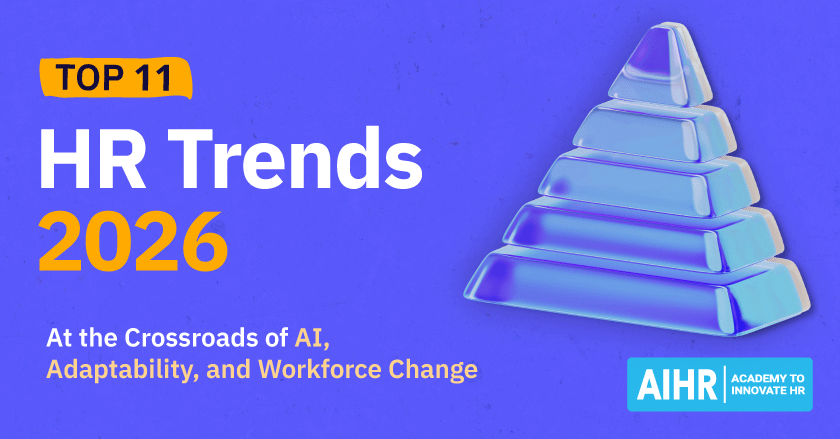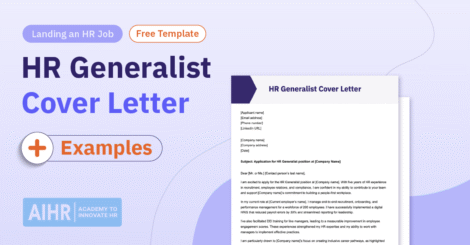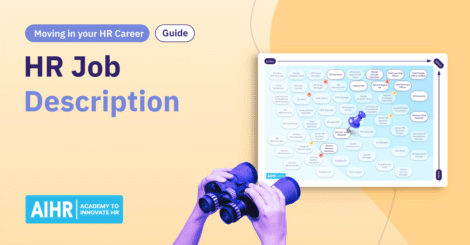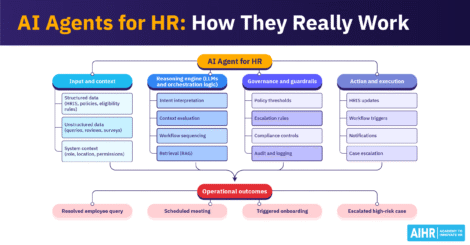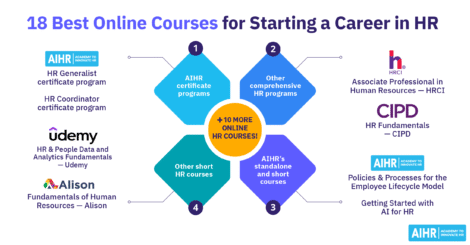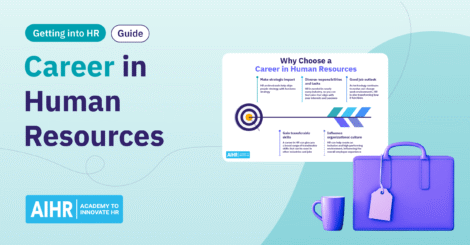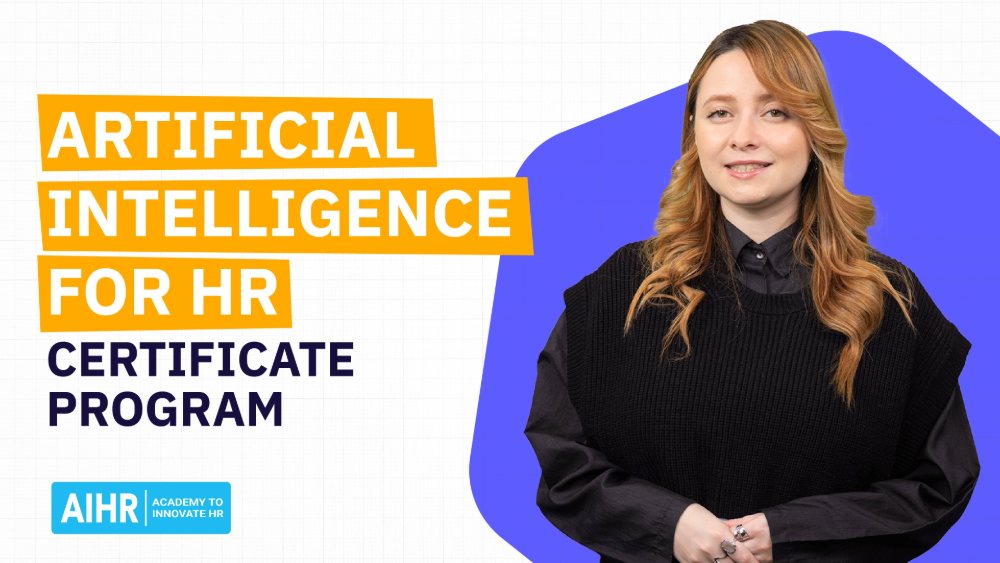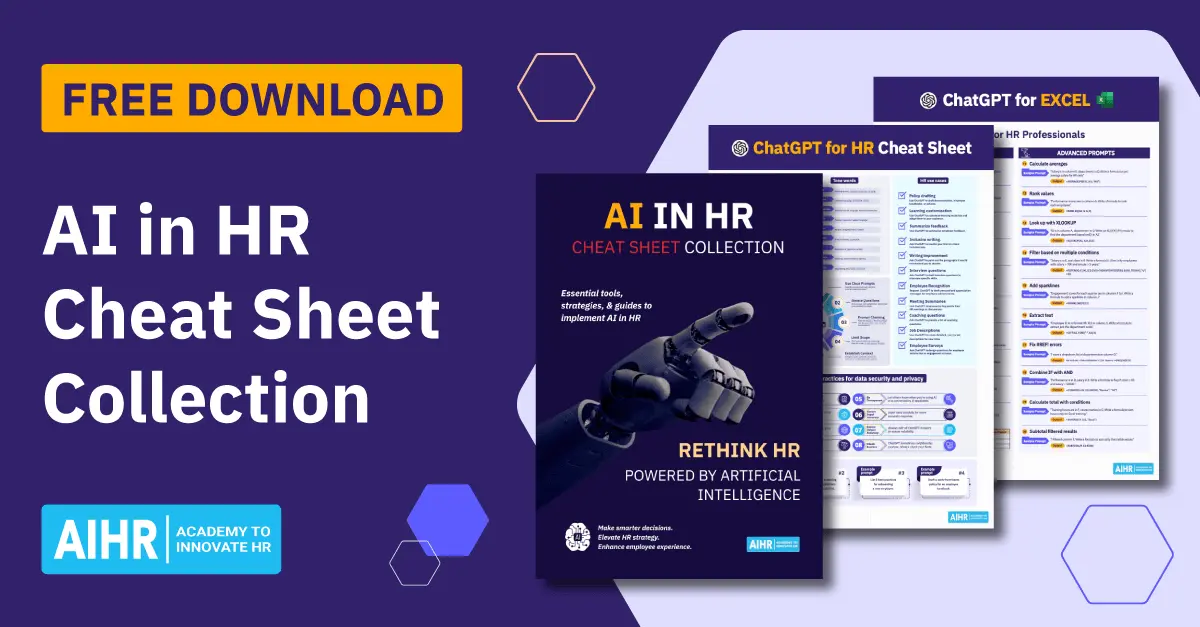The Head of Organizational Development (OD) is responsible for managing and supporting the assessment of organizational needs. They also design, implement, and evaluate interventions that optimize professional development program effectiveness (particularly for executives and potential leaders).
Contents
Role family, salary range & work experience
Key responsibilities
Skills & competencies
Job description template
Detailed responsibilities & tasks
KPIs for this role
Training programs
Role family, salary range & work experience
- HR role family: Solution atchitect
- Salary range: 159,000 – 229,000
- Work experience: 6– 12 years
Key responsibilities
- Oversee the functioning of the Organizational Development department, including performance management and hiring of employees.
- Lend their expertise on workforce design, culture, behaviors, and working practices and processes to assist in building a future-proof strategy.
- Design and execute OD interventions that bridge the gap between the current state of the organization and its desired state.
- Partner with senior leaders to develop and implement succession planning strategies that identify and develop internal talent for future leadership roles.
Skills & competencies
- Action Orientation
- Change Navigation
- Culture & Wellbeing
- Customer Understanding
- Interpersonal Skills
- Problem-Solving
- Strategy Co-Creation
Job description template: Head of Organizational Development
The Head of Organizational Development is responsible for designing and implementing strategies to promote employee engagement, retention, and development. They will work closely with senior leaders to align organizational development initiatives with overall business objectives.
Responsibilities:
- Develop and implement organizational development strategies and initiatives that promote a positive employee experience and support business goals.
- Conduct needs assessments to identify skill and knowledge gaps, and design and implement training and development programs to address these gaps.
- Partner with senior leaders to create and implement succession planning strategies that identify and develop internal talent for future leadership roles.
- Develop and implement performance management programs that support the organization’s objectives and promote employee engagement and development.
- Design and implement employee engagement programs that foster a positive workplace culture and enhance employee satisfaction.
- Develop and implement change management strategies to support organizational change and transformation.
- Monitor and analyze organizational data to identify trends and opportunities for improvement in talent development, retention, and engagement.
Requirements:
- Bachelor’s degree in business, human resources, organizational psychology, or a related field (Master’s degree preferred).
- 7–10 years of experience in organizational development, talent management, or a related field.
- Strong knowledge of organizational development theories and principles, and current trends in talent management and employee engagement.
- Proven track record in leading and implementing large-scale organizational development initiatives in complex organizations.
- Strong project management skills, with the ability to manage multiple projects simultaneously.
- Excellent communication skills to present complex ideas clearly to varied audiences.
- Strong analytical skills to interpret data, identify trends, and make informed decisions.
- Strong leadership skills to build and manage a high-performing team.
Detailed responsibilities & tasks
- Develop and implement organizational development strategies and initiatives that promote a positive employee experience and support business goals.
- Conduct needs assessments to identify skill and knowledge gaps, and design and implement training programs to address these gaps.
- Partner with senior leaders to create and implement succession planning strategies to develop future leaders.
- Develop and implement performance management initiatives that support organizational objectives and promote employee growth.
- Design and implement employee engagement programs that foster a positive culture and boost satisfaction.
- Develop and implement change management initiatives to support transformation efforts.
- Monitor and analyze organizational data to identify trends and opportunities for improvement in talent development, retention, and engagement.
Detailed skills description
- Strategic thinking: Ability to develop long-term plans to drive organizational development and growth.
- Change management: Skills to lead the organization through transformation and change.
- Leadership: Ability to lead, inspire, and manage a team of organizational development professionals.
- Communication: Strong interpersonal and communication skills to collaborate with stakeholders across all levels.
- Analytical skills: Ability to interpret data, identify patterns, and make informed decisions to support development initiatives.
- Problem-solving: Capacity to address organizational challenges with innovative solutions.
- Project management: Skills to plan, execute, and manage complex development initiatives effectively.
- Coaching and mentoring: Ability to guide and support employees in their career development.
- Technical skills: Knowledge of OD principles, practices, and tools, plus experience with HR tech and analytics tools.
- Adaptability: Capacity to adjust to shifting priorities and business needs in a fast-paced environment: Dedication to providing excellent customer service to internal and external stakeholders.
KPIs for this role
- Employee engagement: Improve satisfaction scores, retention rates, and productivity levels.
- Organizational effectiveness: Achieve process improvement targets, cost savings, and revenue growth.
- Talent development: Increase training participation, improve performance ratings, and strengthen succession pipelines.
- Diversity, equity, and inclusion: Track diversity metrics, employee feedback, and progress towards DEI goals.
- Change management: Deliver projects on time and within budget, with high stakeholder satisfaction.
- Communication and collaboration: Improve feedback on internal communications, collaboration effectiveness, and stakeholder engagement.


